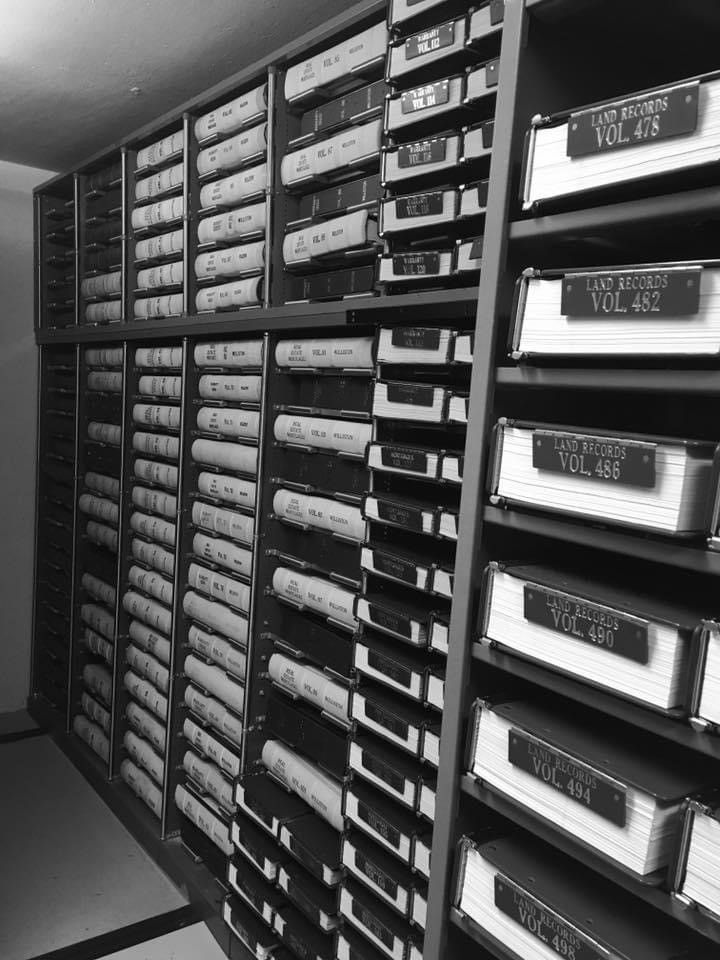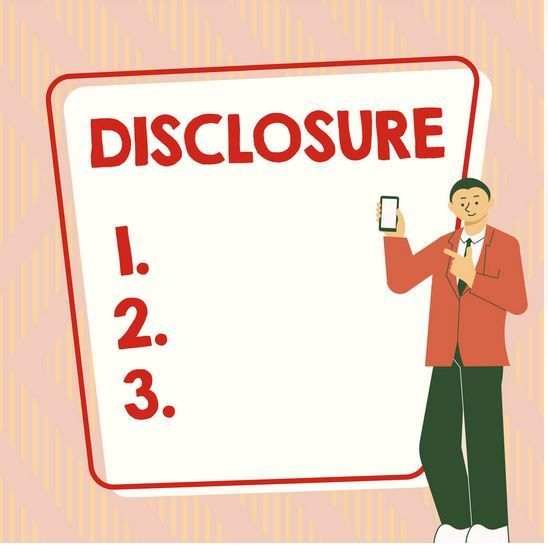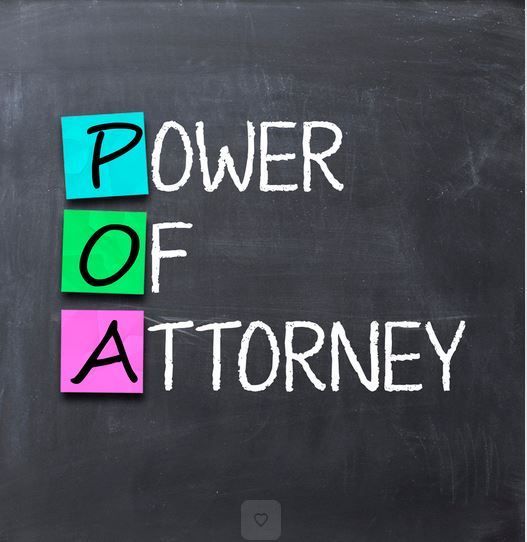When conducting title searches in Vermont, we often discover issues which must be resolved before completing a home purchase.

Purchasing a home is one of the most significant investments you'll make in your lifetime. Before you finalize the deal, conducting a thorough title search is crucial to ensure there are no hidden issues that could affect your ownership. In Vermont, often discover several common title issues when conducting title searches. Understanding these potential problems can save you time, money, and stress. Here are some of the most common title issues we encounter and why it's essential to address them before purchasing a home.
1. Judgment Liens
What it is: A judgment lien is a court ruling that gives a creditor the right to foreclose on a debtor’s property if they fail to pay the amount contained in the court order. This lien can be placed on the property by recording it in the land records of the town or city where the property is located.
Why it's important: If a judgment lien exists on a property, it means that the creditor has a legal claim against the property. This lien must be resolved before the property can be sold, as it could result in the creditor seeking repayment from the buyer or the creditor foreclosing the property after the buyer completes the purchase.
2. Mechanic's Liens
What it is: A mechanic’s lien is a security interest in the property for the benefit of those who have supplied labor or materials that improve the property. Contractors, subcontractors, or suppliers can file these liens if they have not been paid for their services.
Why it's important: Mechanic’s liens can complicate the sale of a property and delay the closing process. If unresolved, they could lead to legal action, potentially putting your investment at risk. Identifying these liens early allows for negotiation and resolution before the purchase is completed.
3. Delinquent Property Taxes
What it is: Delinquent property taxes occur when the current or previous property owners have failed to pay the required property taxes. These unpaid taxes become a lien against the property.
Why it's important: Unpaid property taxes can result in the town or city having a lien on the property, which must be paid before the property can be sold. Failure to address this issue can lead to penalties and interest, increasing the amount owed. It can also result in the property being put up for tax sale. Ensuring all taxes are paid up to date is critical to securing a clear title.
4. Lack of a Municipal Permit or Certificate of Occupancy
What it is: A certificate of occupancy (CO) is a document issued by the local government that certifies a building's compliance with building codes and other laws, indicating it is suitable for occupancy. A municipal permit may be required for various modifications or additions to the property.
Why it's important: Without a valid CO or necessary permits, the property may not be legally habitable. This issue can lead to significant legal and financial consequences, including fines and the potential requirement to make costly modifications to bring the property up to code. Verifying the existence of these documents ensures that the property meets all legal requirements for occupancy.
5. Failure to File State Water Supply or Waste Water Disposal System Certification
What it is: Vermont law often requires that an engineer file a completion certification for permitted water supply or wastewater disposal systems with the state once the system is installed or modified.
Why it's important: Without this certification, the state cannot verify that the property's water and wastewater systems are compliant with environmental regulations. This oversight can result in significant penalties and the necessity for expensive corrective work. Ensuring these certifications are in place protects you from unexpected liabilities.
6. Old Undischarged Mortgages
What it is: An undischarged mortgage is a mortgage that has been paid off but not officially cleared from the property’s title record. This can occur due to administrative oversights or errors in record-keeping by mortgage lenders.
Why it's important: An undischarged mortgage can cloud the title, making it appear that there are existing claims against the property. This issue must be resolved to ensure a clean transfer of ownership. Clearing these mortgages from the title record confirms that there are no outstanding financial obligations related to the property.
Conclusion
Addressing these common title issues is vital for a smooth and secure real estate transaction. At our Vermont real estate law firm, we are dedicated to conducting thorough title searches and resolving any issues that arise. Our goal is to provide you with peace of mind and confidence in your property purchase. If you're considering buying a home, contact us today to ensure a clear and hassle-free path to ownership.










